Bayrocin Tablets for Dogs – A Trusted Antibiotic for Bacterial Infections
Bayrocin is a widely used broad-spectrum fluoroquinolone antibiotic in veterinary medicine, commonly prescribed to treat various bacterial infections in dogs. Containing enrofloxacin as its active ingredient, Bayrocin is trusted by veterinarians to address conditions ranging from respiratory infections to urinary tract diseases, skin wounds, and gastrointestinal infections.
This comprehensive guide explores everything dog owners and veterinary professionals should know about Bayrocin Tablets for Dogs, including mechanism of action, indications, dosage, side effects, safety precautions, and scientific research behind its clinical use.
What Are Bayrocin Tablets?
Bayrocin is a brand name for a veterinary antibiotic that contains enrofloxacin, a synthetic broad-spectrum antimicrobial belonging to the fluoroquinolone class. Bayrocin Tablets are available in various strengths—typically 50 mg, 150 mg, and 150 mg flavoured tablets—to facilitate accurate dosing in dogs of different sizes.
How Bayrocin Works (Mechanism of Action)
Enrofloxacin targets bacterial DNA gyrase and topoisomerase IV, enzymes essential for DNA replication and cell division. By inhibiting these enzymes, Bayrocin:
- Prevents bacterial reproduction
- Disrupts bacterial DNA repair
- Rapidly kills susceptible pathogens
This bactericidal action makes Bayrocin highly effective against infections that are resistant to other antibiotics.
Indications: When Are Bayrocin Tablets Prescribed?
Bayrocin is used to treat a variety of acute and chronic infections in dogs. These include:
1. Respiratory Tract Infections
- Pneumonia
- Bronchitis
- Bacterial tracheitis
- Kennel cough (if complicated by secondary bacterial infections)
2. Urinary Tract Infections (UTIs)
- Cystitis (bladder infection)
- Pyelonephritis (kidney infection)
- Recurrent or resistant urinary infections
3. Gastrointestinal Infections
- Bacterial enteritis
- Diarrhea caused by E. coli or Salmonella spp.
4. Skin and Soft Tissue Infections
- Abscesses
- Wounds
- Pyoderma
- Hot spots
5. Ear Infections
- Otitis externa caused by gram-negative organisms
6. Bone and Joint Infections (Off-label Use)
- Osteomyelitis
- Septic arthritis
7. Tick-borne or Zoonotic Infections (Off-label Use)
- Ehrlichiosis
- Leptospirosis (in combination with other agents)
Note: Use in puppies under 12 months and during pregnancy/lactation should be avoided unless absolutely necessary and under direct veterinary supervision.
Bayrocin Dosage Recommendations and Administration Tips for Dogs
Proper dosage and administration of Bayrocin (enrofloxacin) are essential to ensure the treatment is effective and safe for your dog. Administering the correct dose for the appropriate duration is critical to eliminating infection, minimizing side effects, and preventing antibiotic resistance.
General Dosage Guidelines
Severe infections:
Up to 10–20 mg/kg once daily, under close veterinary supervision.
Bayrocin Dosage Chart for Dogs
| Dog’s Weight (kg) | Standard Dose (5 mg/kg) | Bayrocin Tablet Suggestion |
| 2 kg | 10 mg | ½ of 50 mg tablet |
| 10 kg | 50 mg | 1 x 50 mg tablet |
| 15 kg | 75 mg | ½ of 150 mg tablet |
| 20 kg | 100 mg | 1 x 100 mg or 2 x 50 mg |
| 30 kg | 150 mg | 1 x 150 mg tablet |
| 40 kg | 200 mg | 2 x 100 mg or 1⅓ of 150 mg |
| 50 kg | 250 mg | 1⅔ x 150 mg tablet |
Note: Bayrocin is available in 50 mg, 100 mg, and 150 mg tablets, often scored for easier splitting.
Always consult a vet before splitting tablets or adjusting dosages.
Frequency of Administration
- Once daily dosing is typically sufficient due to Bayrocin’s long half-life.
- In rare, severe cases, your veterinarian may divide the dose or adjust the schedule.
Duration of Treatment
- 5–10 days is standard for most bacterial infections.
- Up to 28 days may be required for:
- Deep skin infections
- Bone infections (osteomyelitis)
- Recurrent urinary tract infections
- Respiratory tract infections with resistant pathogens
Important: Never stop the medication early, even if symptoms improve. Stopping too soon can result in relapse or resistance.
Administration Instructions
Bayrocin Tablets are designed for oral use. Here’s how to administer them effectively:
How to Give Bayrocin to Your Dog:
- Can be given with or without food, but giving with food may reduce GI upset.
- Do not give with dairy, iron, calcium, or antacid products—these interfere with absorption.
Special Tips for Administration:
- If your dog spits out the tablet, try hiding it in a treat, pill pocket, or small piece of food (without calcium).
- Avoid crushing or dissolving tablets unless advised by your veterinarian.
Administration Tools You Can Use:
- Pill pockets or meatballs (without dairy)
- Pet pill dispensers
- Manual pill administration with gentle mouth opening
Precautionary Guidelines for Bayrocin Administration in Dogs
Using Bayrocin (enrofloxacin) safely in dogs requires adherence to specific veterinary guidelines. While it is generally well-tolerated, responsible administration is essential to minimize risks and ensure successful treatment outcomes.
1. Use Only Under Veterinary Prescription
Bayrocin is a prescription-only antibiotic and should never be given without veterinary direction. Misuse can lead to:
- Bacterial resistance
- Improper dosing
- Delayed recovery or worsened infection
2. Follow the Prescribed Dosage Carefully
- Overdosing may increase the risk of seizures, vomiting, or joint damage.
- Underdosing can lead to incomplete infection control and antibiotic resistance.
3. Complete the Entire Course
- Even if your dog improves after a few doses, do not stop the medication early.
- Stopping too soon can cause relapse or resistant infections.
4. Avoid Use in Growing Puppies
- Bayrocin is not recommended for puppies under 8–12 months of age (or up to 18 months in large breeds) due to the risk of:
- Cartilage damage
- Joint pain
- Limping or stiffness
5. Monitor for Adverse Effects
- Watch for signs such as:
- Vomiting or diarrhea
- Loss of appetite
- Lethargy
- Seizures (especially in predisposed dogs)
- Joint or limb discomfort
6. Avoid Drug Interactions
- Do not give Bayrocin with:
- NSAIDs (increased seizure risk)
- Calcium, magnesium, or iron supplements (reduced absorption)
- Theophylline or cyclosporine (toxicity risk)
7. Caution with Pregnant or Lactating Dogs
- Bayrocin is not recommended during pregnancy or lactation unless the benefits outweigh the risks.
- Consult your vet if your dog is pregnant or may become pregnant during treatment.
8. Ensure Proper Storage
- Keep out of reach of children and pets.
- Do not use past the expiration date.
9. Use With Caution in Dogs with Health Conditions
Inform your vet if your dog has:
- Seizure disorders
- Kidney or liver disease
- Chronic joint or mobility issues
These conditions may require dose adjustment or alternative therapies.
Scientific Research Supporting Bayrocin Use in Dogs
Bayrocin, the brand name for enrofloxacin, has been extensively studied in veterinary medicine and has consistently demonstrated high efficacy, safety, and tissue penetration across various bacterial infections in dogs. The following research studies, clinical trials, and pharmacological evaluations support the therapeutic role of Bayrocin in canine care.
1. Pharmacokinetics of Enrofloxacin in Dogs
A pivotal study by Giguère et al. (Veterinary Pharmacology and Therapeutics) detailed the pharmacokinetic profile of enrofloxacin in dogs:
- Peak plasma concentration: Reached within 1–2 hours of oral administration.
- Long half-life: Allows for once-daily dosing.
- High bioavailability: >80%, ensuring strong systemic exposure.
- Excellent tissue penetration: Especially into the lungs, urinary tract, and skin.
Conclusion: Bayrocin is ideal for deep tissue and systemic infections due to its broad distribution and sustained plasma levels.
2. Efficacy in Canine Urinary Tract Infections
In a study published in the Journal of Veterinary Internal Medicine, enrofloxacin showed strong efficacy in treating canine UTIs caused by resistant E. coli strains.
- Study Design: 52 dogs with culture-confirmed UTIs
- Outcome: >90% clinical and bacteriological cure within 7–10 days
- Bonus: Low recurrence rate when full course was completed
Conclusion: Enrofloxacin is highly effective in managing acute and chronic urinary infections, even with resistant organisms.
3. Effectiveness Against Skin Infections (Pyoderma)
Research in Veterinary Dermatology evaluated the use of enrofloxacin in canine superficial and deep pyoderma:
- High success rates in treating Staphylococcus pseudintermedius
- Skin concentrations of the drug exceeded the minimum inhibitory concentration (MIC) for most pathogens.
Conclusion: Bayrocin is suitable for use in skin infections, including difficult-to-treat chronic or deep pyoderma.
4. Safety in Adult Dogs and Risks in Puppies
Multiple pharmacovigilance reviews confirm enrofloxacin is safe in adult dogs when used as prescribed. However, studies show that use in immature dogs (under 8–12 months) can cause:
- Cartilage erosion
- Lameness
- Joint damage
Reference: FDA Center for Veterinary Medicine (CVM) safety bulletin
Conclusion: Bayrocin is safe in adults, but contraindicated in growing puppies, especially large breeds.
5. Intracellular Penetration and Activity Against Mycoplasma
A clinical review by Sykes et al. (Infectious Diseases of the Dog and Cat) highlighted enrofloxacin’s effectiveness against intracellular pathogens like:
- Mycoplasma spp.
- Ehrlichia canis
- Rickettsia spp.
Its lipophilic nature allows it to cross cellular membranes and remain active inside macrophages, making it suitable for tick-borne and systemic infections.
Conclusion: Bayrocin has a distinct advantage in treating intracellular or zoonotic bacterial infections.
Benefits of Bayrocin for Dogs
- Fast-acting: Starts working within hours
- Broad-spectrum: Covers a wide range of pathogens
- Convenient dosing: Once-daily oral administration
- Highly effective: Excellent tissue and intracellular penetration
Owner Tips for Using Bayrocin
- Always give the full course, even if your dog appears better.
- Avoid using expired medication.
- Store tablets in a cool, dry place.
Conclusion
When used correctly under veterinary supervision, Bayrocin can provide rapid relief, reduce infection severity, and support faster recovery. However, responsible use is crucial to minimize side effects, avoid resistance, and protect your dog’s long-term health.Always consult your veterinarian before starting or stopping any medication. With the right guidance, Bayrocin can be a valuable tool in your dog’s medical care. Bayrocin Tablets, containing the fluoroquinolone antibiotic enrofloxacin, are a trusted and effective treatment for a wide range of bacterial infections in dogs. From respiratory and urinary tract infections to skin and gastrointestinal conditions, Bayrocin offers broad-spectrum coverage, rapid absorption, and convenient once-daily dosing







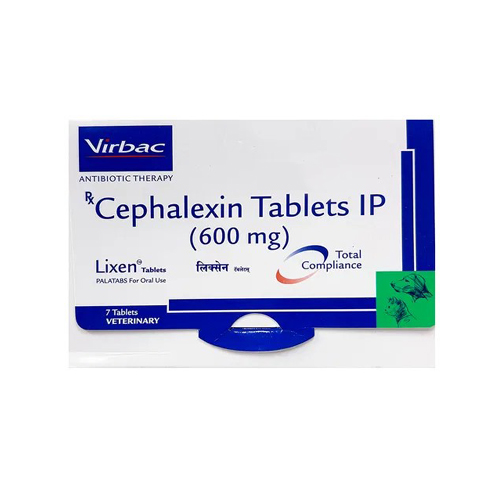
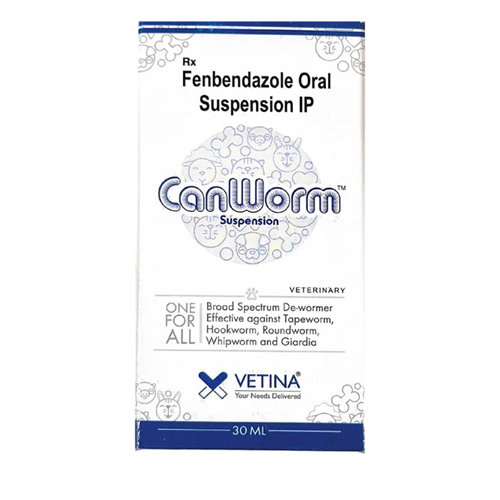

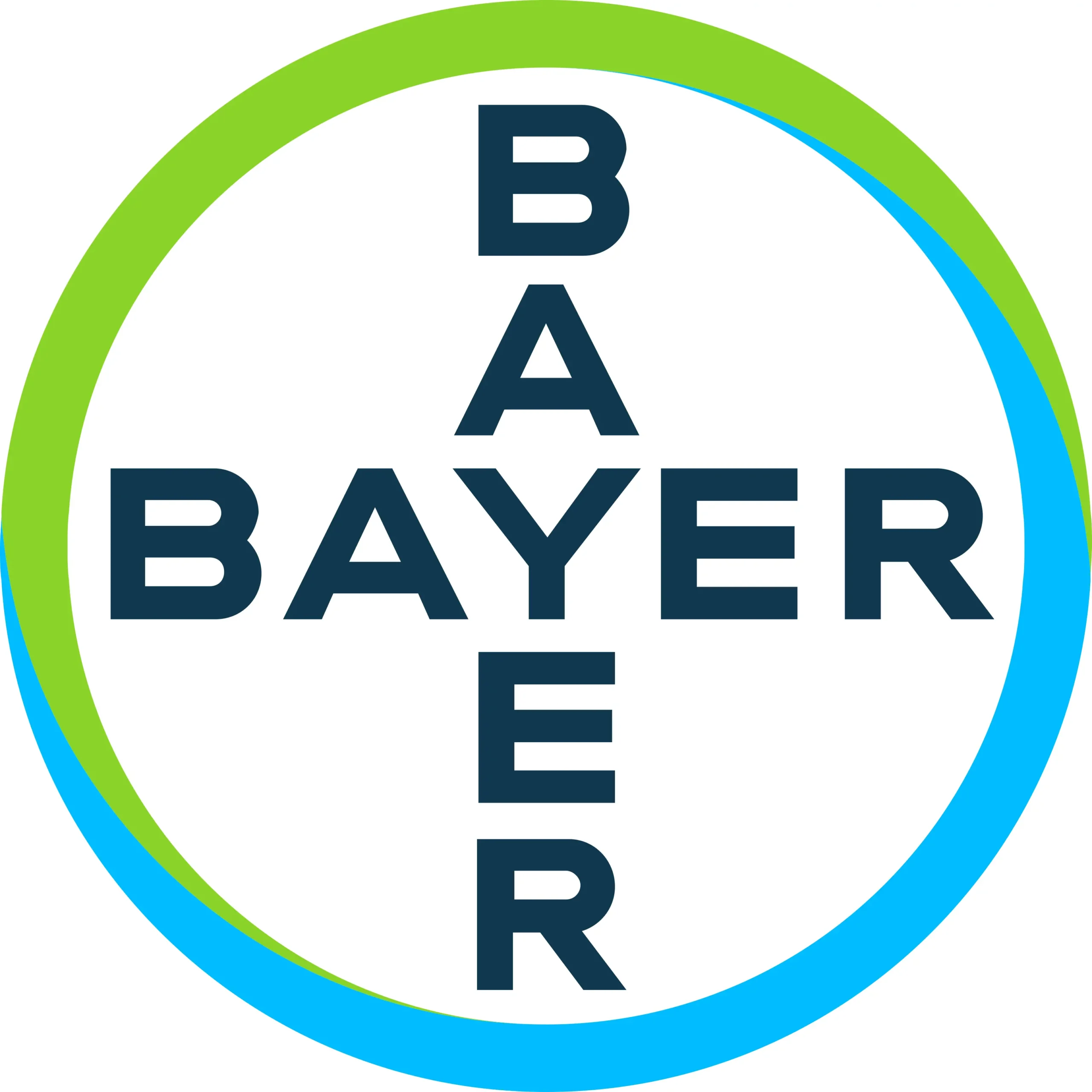


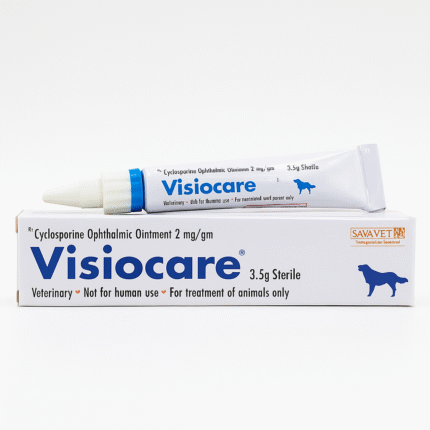
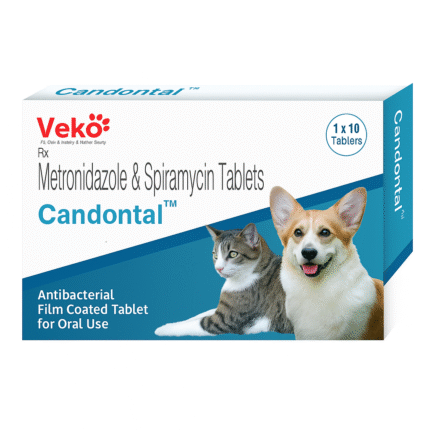
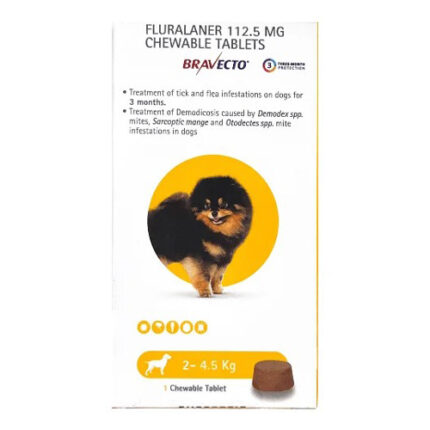
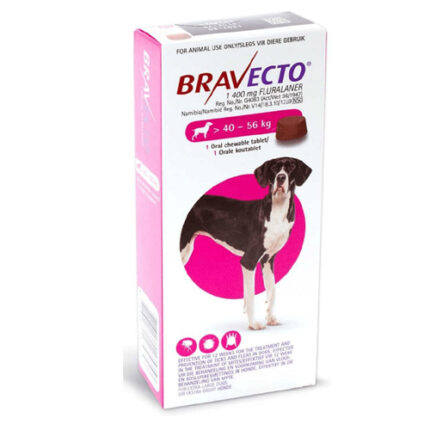
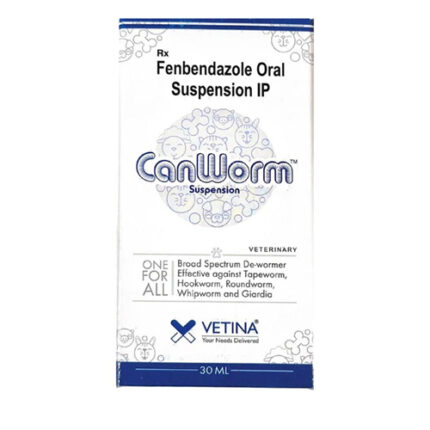
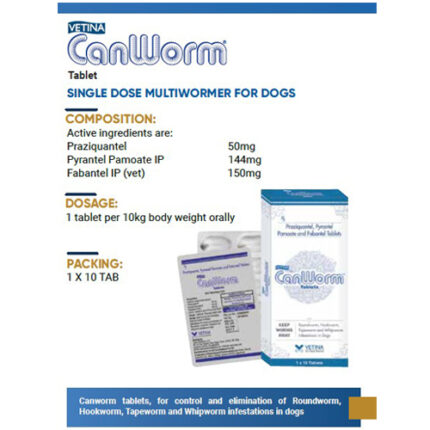
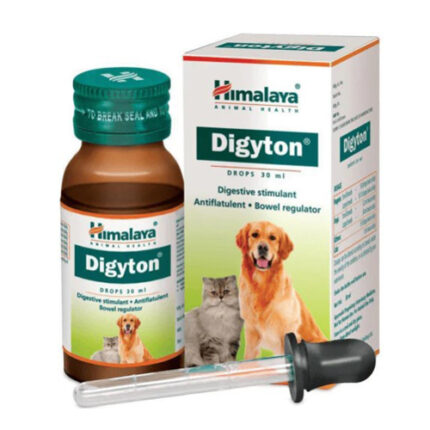
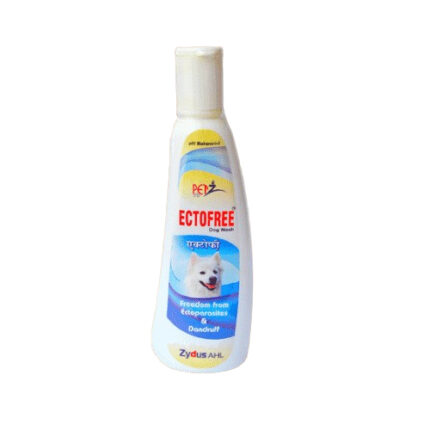
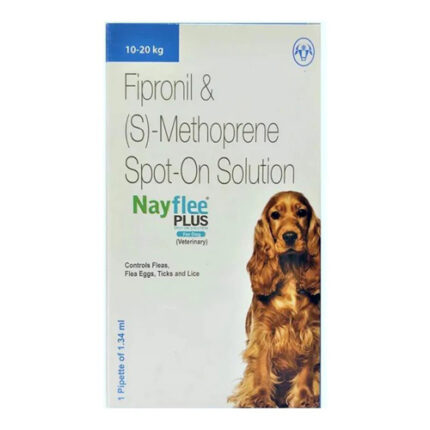
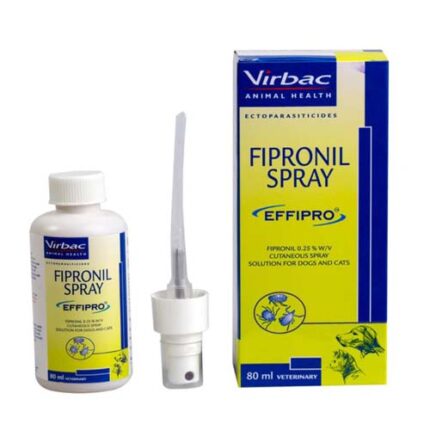
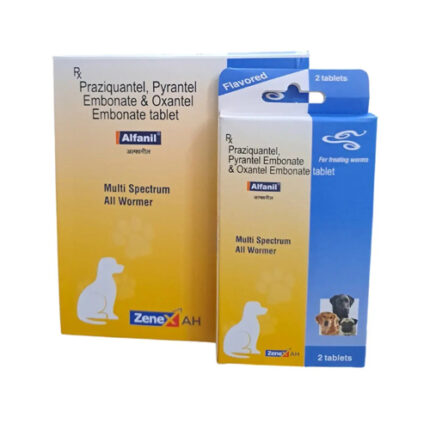
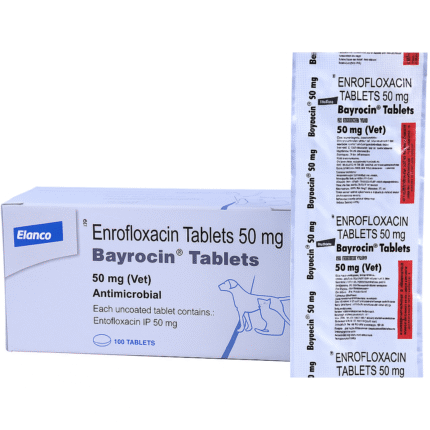
Reviews
There are no reviews yet.